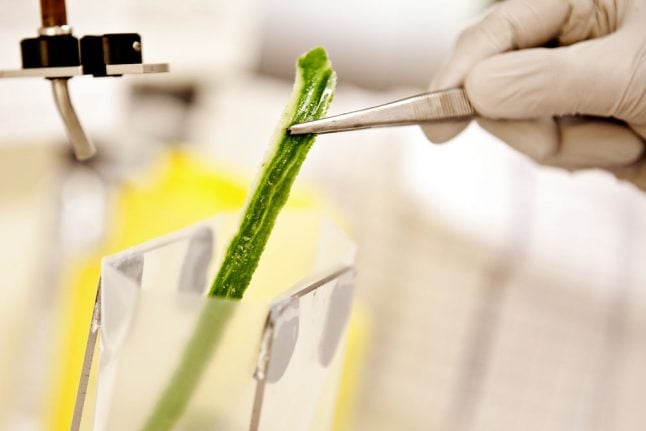Two children – one on the island of Funen and another in the Copenhagen area – died due to a rare complication related to VTEC, a strain of the E. Coli bacteria.
Both children died of kidney failure, but the two tragic cases are not connected. A third child also contracted kidney failure but survived, DPSA said.
A consultant doctor and head of department at Copenhagen infectious disease research institute SSI stressed that the cases were not evidence of an outbreak and that the number of cases was not improbable.
“At this time, we have knowledge of three cases of kidney failure from August to September. That is not more than we would expect at this time of year. Fortunately there is nothing to suggest they are connected,” Tyra Grove Krause said.
“They were not infected with the same bacteria, so there is no common source of infection. So it is not an outbreak, but a chance coincidence,” Krause added.
DPSA has confirmed it has consulted parents of children who attend relevant schools or daycare facilities, and that authorities are working to gain a clearer understanding of the circumstances surrounding the cases.
A daycare and private school on Funen, Børnehuset Solstrålen and Gislev Friskole, chose to remain closed on Wednesday and Thursday, local media reported.
Krause reiterated that there was no evidence of an epidemic. General advice for guarding against the specific complications seen in the cases is to thoroughly cook beef and to keep unprepared meat and vegetables separated.
“The type of bacteria that–in rare cases–cause kidney failure are often found in beef,” she said.
“Additionally, there are sometimes cases amongst children who have visited farms and petted cows and goats and not washed their hands afterwards,” she added.



 Please whitelist us to continue reading.
Please whitelist us to continue reading.
Member comments